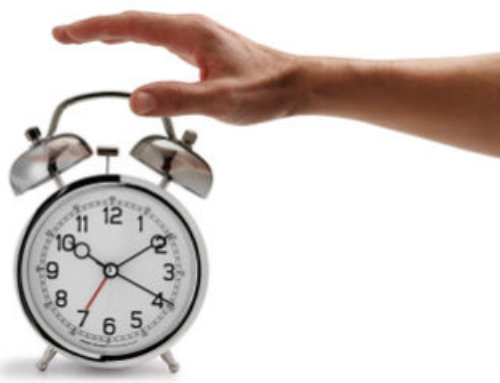FOR IMMEDIATE RELEASE
CONTACT: Lynn Celmer, 630-737-9700, ext. 9364, lcelmer@aasm.org
DARIEN, IL – A new study suggests that students who initiate and/or continue drinking and engage in binge drinking in college have more delayed sleep timing and more variable sleep schedules.
Results show that heavier drinkers had later bedtimes and rise times, and more day-to-day variability in sleep length, bedtime and rise time.
“These data indicate that students who initiate drinking and engage in binge drinking in college have more delayed sleep timing and a greater mismatch between circadian phase and sleep timing,” said lead author Eliza Van Reen, assistant professor, department of psychiatry and human behavior, Alpert Medical School of Brown University in Providence, R.I.
The research abstract was published recently in an online supplement of the journal Sleep and will be presented Wednesday, June 10, in Seattle, Washington, at SLEEP 2015, the 29th annual meeting of the Associated Professional Sleep Societies LLC.
The study group comprised 878 students. The mean age was 18 and 57 percent were female. Students completed a Phase 1 survey in spring before fall college enrollment (high school) and submitted online daily sleep and drink diaries from day 1 of college. Any indication of alcohol use from Phase 1 measures was assigned positive for pre-collegiate drinking. From daily diary, male binge assignment was equal to five or more alcoholic drinks on one day; female binge drinking was equal to four or more. Three groups were derived from those negative for high school drinking: none equal to no college drinking; some equal to drinking one binge day or less and heavy equal to more than one binge day. A fourth group (drinker) included students that were positive for drinking in high school who reported more than one binge event in college.
This study was conducted in conjunction with principal investigator Mary Carskadon, PhD, professor, department of psychiatry and human behavior, Alpert Medical School of Brown University. The study was supported with funding by the National Institute of Mental Health (NIMH).
Abstract Title: Drinking Alcohol in the First Semester: Does Sleep Timing Play a Role?
Abstract ID: 0216
Presentation Date: Wednesday, June 10
Presentation Type: Oral
Presentation Time: 9 a.m. to 9:15 a.m.
The SLEEP 2015 abstract supplement is available at https://journalsleep.org/ViewAbstractSupplement.aspx.
For a copy of the abstract or to arrange an interview with the study author or an AASM spokesperson, please contact AASM Communications Coordinator Lynn Celmer at 630-737-9700, ext. 9364, or lcelmer@aasm.org.
About SLEEP 2015
More than 5,000 sleep medicine physicians and sleep scientists will gather at SLEEP 2015, the 29th annual meeting of the Associated Professional Sleep Societies LLC (APSS), which will be held June 6-10 at the Washington State Convention Center in Seattle. The scientific program will include about 1,200 research abstract presentations. The APSS is a joint venture of the American Academy of Sleep Medicine and the Sleep Research Society (www.sleepmeeting.org).
About the American Academy of Sleep Medicine
Established in 1975, the American Academy of Sleep Medicine (AASM) improves sleep health and promotes high quality patient centered care through advocacy, education, strategic research, and practice standards. With nearly 10,000 members, the AASM is the largest professional membership society for physicians, scientists and other health care providers dedicated to sleep medicine (www.aasm.org).








